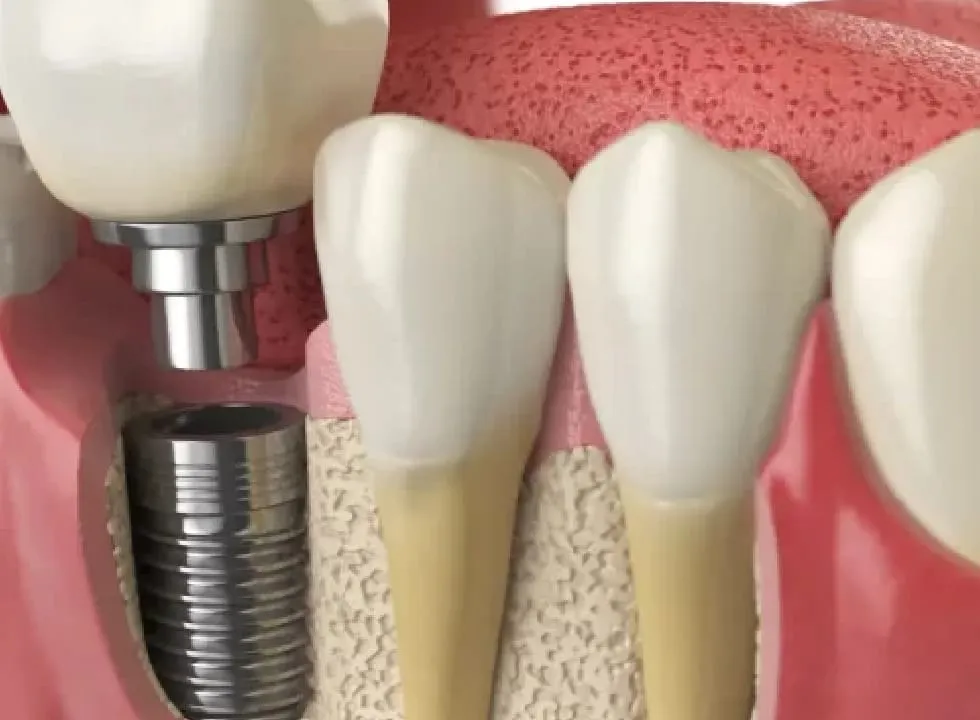
Dental implants have become a popular solution for replacing missing teeth, providing a natural-looking, permanent option that mimics the feel and function of real teeth. There are several types of dental implants, each designed to address specific needs based on the condition of the patient’s jawbone and the location of the missing tooth. Understanding the different types of dental implants in Abu Dhabi can help you make an informed decision when choosing the best treatment for your smile.
Endosteal implants:
Endosteal implants are the most common type of dental implant and are typically used for patients with healthy jawbones. These implants are placed directly into the jawbone, where they act as a replacement root for a missing tooth. Made of titanium or zirconia, endosteal implants come in the form of small screws, cylinders, or blades. After the implant is placed, the bone fuses with it over a period of several months in a process known as osseointegration. Once integrated, a crown, bridge, or denture is attached to the implant.
Subperiosteal implants:
Subperiosteal implants are placed on top of the jawbone, under the gum tissue, for patients who do not have enough bone density to support endosteal implants. These implants are made of a metal framework that rests on the jawbone and supports the replacement tooth or teeth. Subperiosteal implants are often used for patients with severe bone loss who cannot undergo bone grafting to strengthen their jaw. While they are less commonly used today due to advances in bone augmentation techniques, they can be a suitable solution in certain cases.
Zygomatic implants:
Zygomatic implants are a more complex option used for patients who have significant bone loss in the upper jaw. Unlike other implants that are placed directly into the jawbone, zygomatic implants are anchored into the cheekbone (the zygomatic bone). This type of implant is typically used when bone grafting is not a viable option. Zygomatic implants are longer than traditional implants, and the procedure may take longer due to the complexity of placement. They can provide a reliable solution for patients with severe bone loss in the upper jaw.
All-on-4 implants:
The All-on-4 implant system is designed to replace an entire set of teeth in a single day. Four implants are strategically placed in the jaw to support a full arch of teeth. This system is ideal for patients with significant tooth loss or those who need to replace multiple missing teeth. The All-on-4 approach reduces the need for bone grafting and can often be completed in a single visit, making it a quicker and more cost-effective option for restoring a full smile.